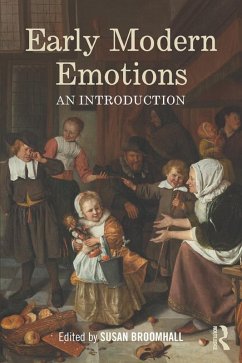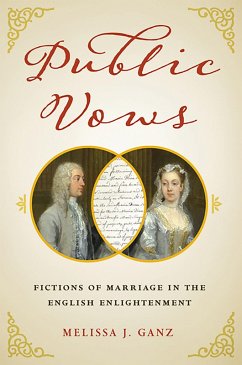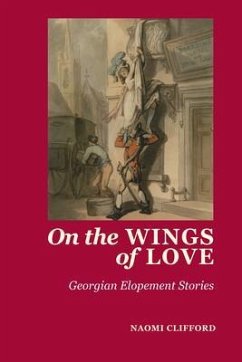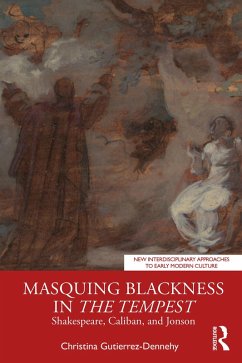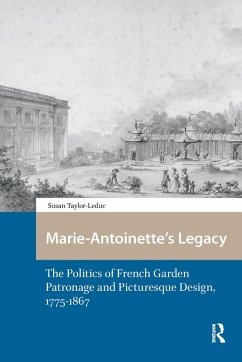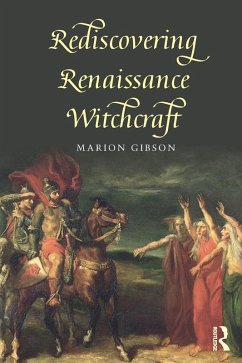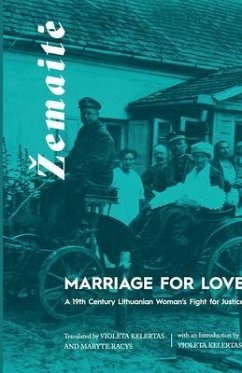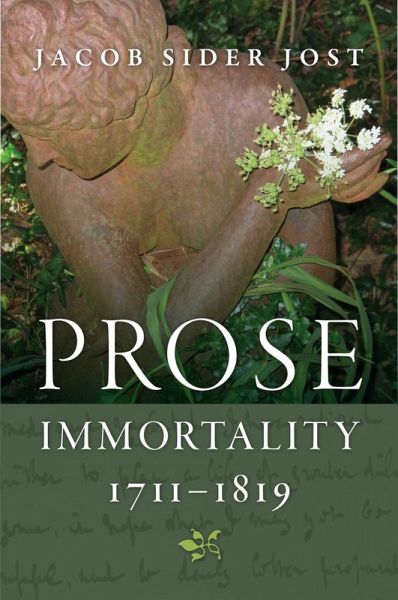
Prose Immortality, 1711-1819 (eBook, ePUB)

PAYBACK Punkte
19 °P sammeln!
Writers have always aspired to immortality, using their works to preserve their patrons, their loved ones, and themselves beyond death. For Pindar, Horace, and Shakespeare, the vehicle of such preservation was poetry. In the eighteenth century, figures such as Joseph Addison, Edward Young, Samuel Richardson, Laetitia Pilkington, Samuel Johnson, and James Boswell invented a new kind of literary immortality, built on the documentary power of prose. For eighteenth-century authors, the rhythms and routines of daily lived experience were too rich to be distilled into verse, and prose genres such as...
Writers have always aspired to immortality, using their works to preserve their patrons, their loved ones, and themselves beyond death. For Pindar, Horace, and Shakespeare, the vehicle of such preservation was poetry. In the eighteenth century, figures such as Joseph Addison, Edward Young, Samuel Richardson, Laetitia Pilkington, Samuel Johnson, and James Boswell invented a new kind of literary immortality, built on the documentary power of prose. For eighteenth-century authors, the rhythms and routines of daily lived experience were too rich to be distilled into verse, and prose genres such as the periodical paper, novel, memoir, essay, and biography promised a new kind of lastingness that responded to the challenges and opportunities of Enlightenment philosophy and evolving religious thought.
Prose Immortality, 1711-1819documents this transformation of British literary culture, spanning the eighteenth century and linking journalism, literature, theology, and philosophy. In recovering the centrality of the afterlife to eighteenth-century culture, this prizewinning book offers a versatile and wide-ranging argument that will speak not only to literary scholars but also to historians, scholars of religion, and all readers interested in the power of literature to preserve human experience through time.
Winner of the Walker Cowen Memorial Prize for an Outstanding Work of Scholarship in Eighteenth-Century Studies
Dieser Download kann aus rechtlichen Gründen nur mit Rechnungsadresse in A, D ausgeliefert werden.




